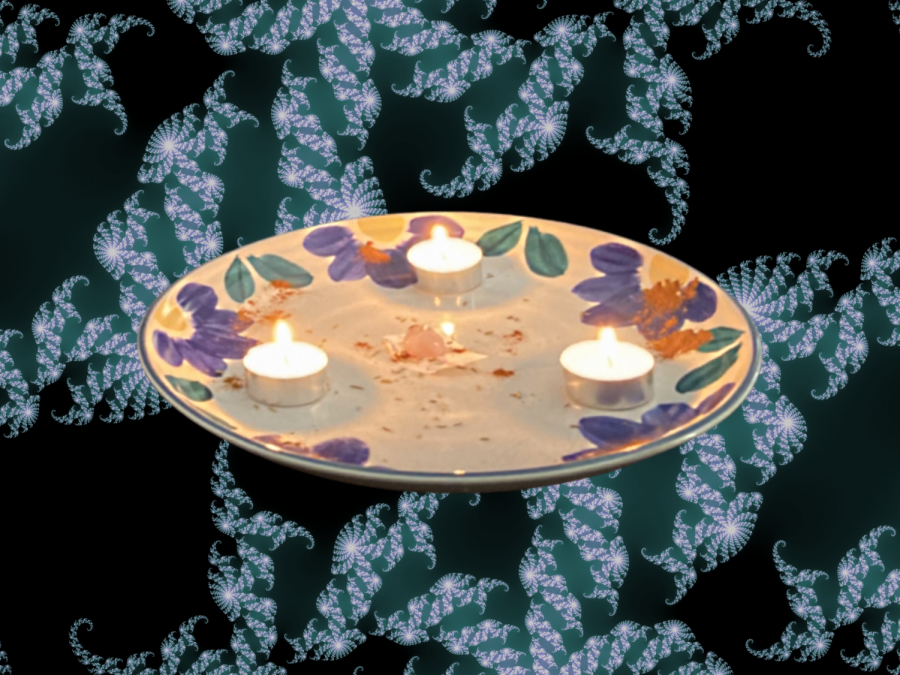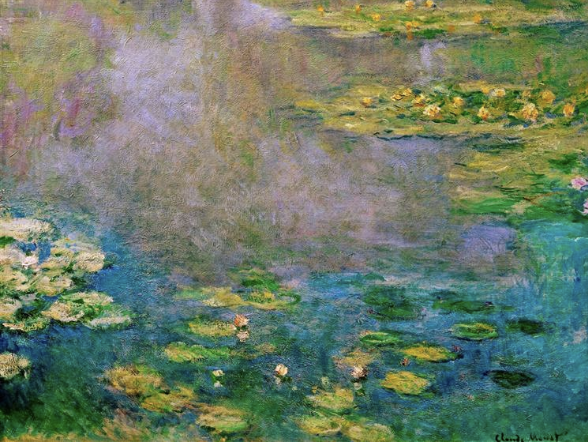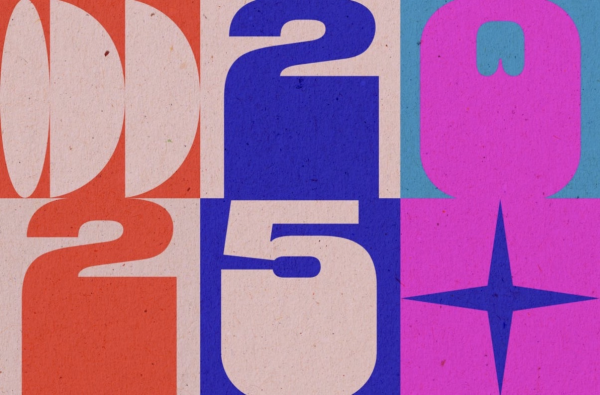What Are Love Spells and Hexes?
Love spells and hexes are undeniably the most attractive type of magick to both beginner witches
and, for a lack of a better word, ‘muggles’. So, what exactly are these spells and do they have any
repercussions?
Love spells do exactly what you would think they would do. Not only can they be used to make
others fall in love with the practitioner, they can also improve self-love, heal relationships, and
more, all depending on the intention of the spell. Love spells, like any spell, influence the ‘divine
order’, which is generally what leads many witches to shying away from the craft. It is important to
note that this is not always a bad thing. Any magick alters what would naturally occur without
interference, so it can easily be used for everyone’s benefit. However, named love spells alter the
actions of others, so they do not exactly act on behalf of the greater good for everyone. To get
around this, the most widely accepted way of casting love spells is to avoid naming a specific target
and just cast for love in general, for example: ‘I attract romantic relationships’ and not ‘(insert name)
will ask me on a date’. This avoids manipulating someone’s free will, so it is generally viewed as
more ethical.
A hex is essentially a spell that aims to negatively impact its target; kind of like a curse, though curses
are seen as more long-term. For obvious reasons, the community is very divided when it comes to
such baneful magick. A large reason as to why hexes get their bad name, besides the fact that their
intention is to harm, is that the people who publicise their ability to hex someone are often new
witches with absolutely no knowledge of the craft, nor a real reason to hex someone, and, to be
completely honest, act like it is a personality trait. Many people believe that if the universe deems a
hex unjust – especially in cases like these – it will be returned to the sender, kind of like karma. Also,
if the person being hexed happens to be a witch too and discovers that they have been hexed, they
can cast a ‘return to sender’ spell which sends the hex back to its original caster. Clearly, this makes
hexes risky and you would only want cast one if it was absolutely necessary.
Can you undo these spells? Generally, yes. There are many types of reversal spells and you are
almost certain to find one on the internet which applies to your situation, but, for obvious reasons, if
your hex caused any permanent damage – like damage not humanly possible to reverse – what is
done is done and it cannot be undone. Of course, you should not be casting any of these spells
unless you are 100% sure.
Now, I am sure you want to know if these spells work. I personally have seen a love spell work, not
for myself but for a friend I helped out. To protect their privacy, I will not go into detail, but it did
score them a date.
Let’s talk repercussions. You may have heard of the Rule of Three, also known as the Threefold Law
or the Law of Return. It is a religious tenet which states that any energy (positive or negative) a
person puts out into the universe will be returned to them three times. This tenet is popular among
many witches and occultists, not only the ones which follow Wiccan religion, and because of this,
love spells and hexes are often shunned by the community. The actual accuracy of the Rule of Three
is debated; while some live by it, others question it for a number of reasons. Gerald Gardner, who is
thought to have been a potential origin of the Rule of Three, was a misogynist and many of his other
ideas reflected these views and were therefore discredited, deeming him to be an unreliable source.
Also, the idea that the energy you put out could come back three times is inherently flawed; energy
cannot be created, nor destroyed, so how could more energy come back? This is not denying the
existence of karma, which this concept is clearly derived from, but you as the witch should always
utilise discernment and decide for yourself.
So, what do you think? Would you cast one of these spells?








